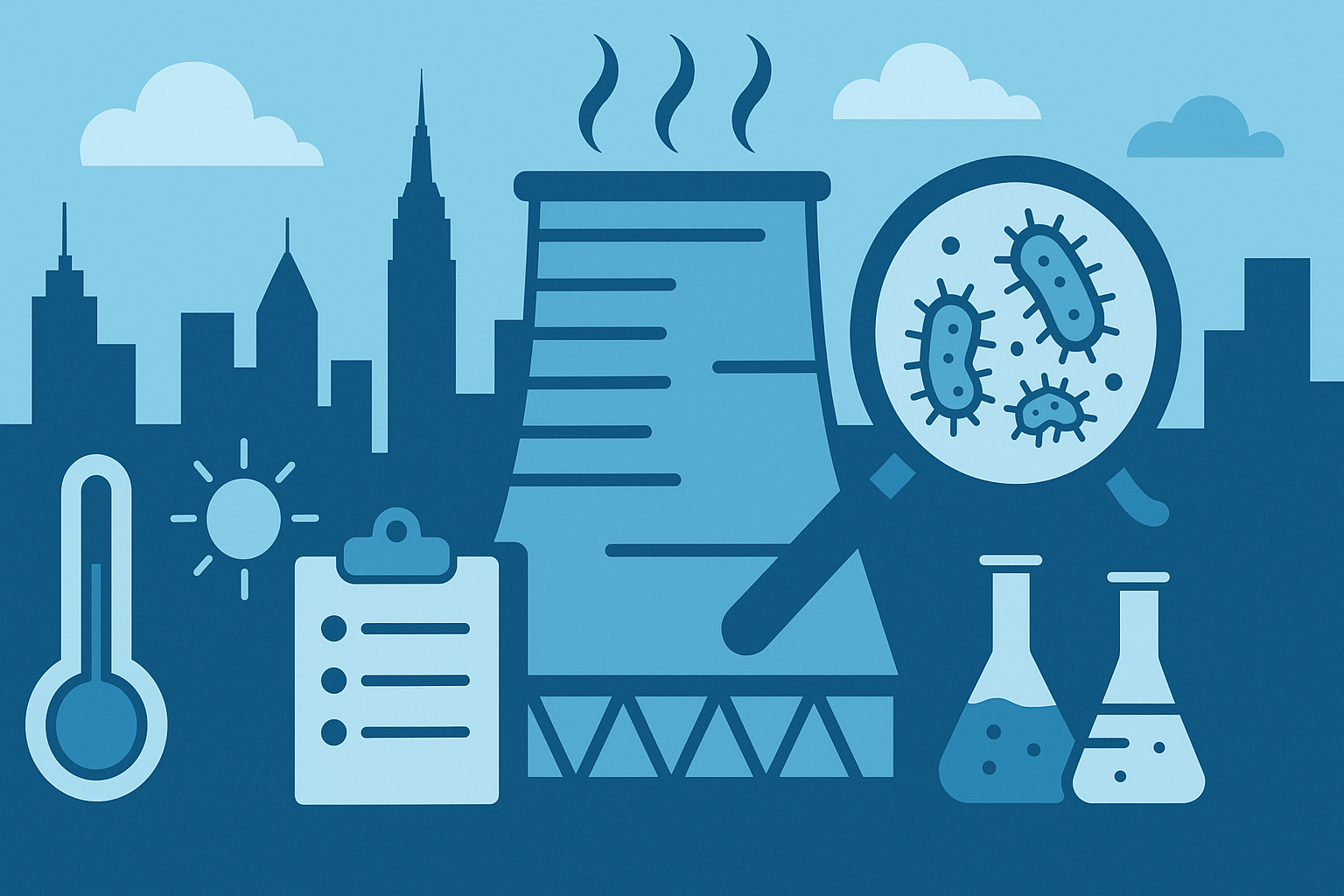The New York City Council has passed a new law aimed at strengthening public health protections following a deadly outbreak of Legionnaires’ disease in Harlem. The measure mandates monthly bacterial testing of all cooling towers during the warmer months, a move designed to detect and prevent the spread of Legionella bacteria before it causes illness.
Background of the Law
The legislation comes in response to a recent outbreak in the Harlem neighborhood, where several residents contracted the disease and some tragically lost their lives. Investigations revealed that contaminated cooling towers were a likely source of infection, reigniting public concern about the city’s preparedness for such outbreaks.
Key Provisions
Under the new law, building owners and managers must conduct monthly tests between May and October—the months when warm weather promotes bacterial growth. The results must be submitted to the Department of Health and Mental Hygiene (DOHMH) within a specified timeframe.
Those found in violation of the new requirements could face fines, mandatory cleanings, or even temporary shutdowns of affected systems.
Why It Matters
Legionnaires’ disease, a severe form of pneumonia caused by Legionella bacteria, spreads through inhalation of contaminated water droplets. Cooling towers, often part of large building air conditioning systems, have historically been linked to outbreaks when not properly maintained.
Health officials say the monthly testing rule will allow earlier detection of contamination and reduce the risk of exposure in densely populated areas like Harlem, the Bronx, and Manhattan’s West Side—where large numbers of high-rise buildings rely on these systems.
Public and Expert Reaction
Public health advocates have welcomed the move, calling it a “crucial step toward preventing another avoidable tragedy.” Experts in environmental safety say it strikes a balance between stricter oversight and feasible compliance for property owners.
City Council members also highlighted the importance of transparency, noting that inspection and testing data will be made available to the public, ensuring accountability and awareness in the affected communities.
Looking Ahead
The DOHMH plans to roll out educational programs for building operators, alongside expanded inspections throughout the city. Officials hope the new law will serve as a national model for urban centers facing similar public health risks as climate change increases heat-related hazards.
In the words of one councilmember who championed the bill:
“Every New Yorker deserves to breathe safe air. This law ensures that negligence will never again cost lives.”



